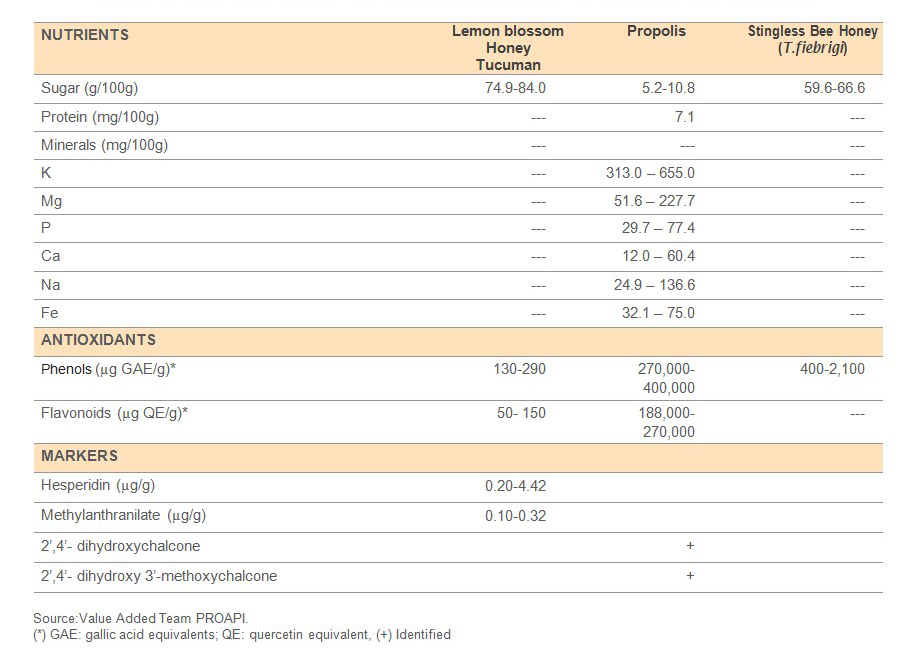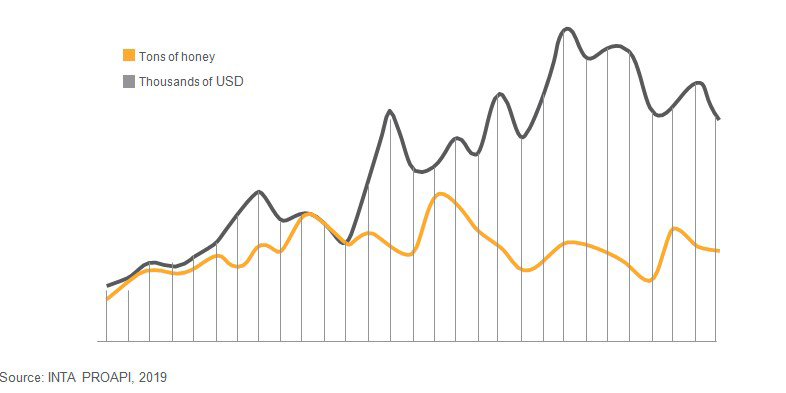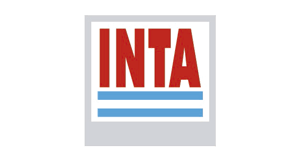From local crisis to international quality: the revival of honey for demanding markets
With the support of INTA Argentina and institutions in Latin America and the Caribbean, more than 6,000 Argentine, Dominican and Costa Rican small beekeepers upgraded technologies and production to offer honey of high biological and nutritional quali
Context of the story
Argentina is the world’s second largest honey exporter.
Until the early 21st century, the beekeeping chain, concentrated in the center of the country, paid little attention to product quality.
In 2003, the European Union detected chemical residues in Argentine honey, setting off a crisis in the sector.
Meanwhile, transhumant beekeepers entered the northern province of Tucumán from the central region, following the blooming cycle of lemon trees. Looking for new sources of income, these workers began to develop savanna beekeeping.
A challenge was then presented: to gain back large markets by building confidence in the safety and quality of Argentine honey.
On how research, diversification, and transparency can add value to food
The implemented initiative
INTA Famaillá, Tucumán, built a team of researchers specialized in generating knowledge and technologies for honey and propolis production.
The team worked with the beekeepers, who organized themselves into associations and set objectives:
Implement a quality and food-safety management protocol.
Add value and diversification to products.
Promote domestic consumption.
Create a regulatory framework to support innovations.
Incorporate propolis and honey from native stingless bees to the Argentine Food Code.
Quantification and added value to guarantee quality and food safety
The technological solution
The team implemented a series of solutions to increase quality control and product safety:
It created a quality management and safety assurance protocol, which includes genetic selection and good practices for obtaining quality-controlled and traceable honey free of chemical additives, to be extracted in certified rooms.
It built a network of more than 400 beekeepers, trained territorial technicians, and implemented demonstration apiaries and an agreement with exporters.
It generated knowledge and technologies for the development of honey products of high biological value.
It studied the botanical origin of honey and propolis to develop differentiation plans, standardize production and certify origin.
It quantified sugar, antioxidant and mineral contents to determine the contribution of the product to nutrition and health.
It framed a standardization process to certify new by-products.
"We take all varieties of honey to the table, light and dark, but lemon-blossom honey is ours, and one always likes better what comes from one’s own land."
Participating countries
Type of project
Results
The release of the INTA Protocol No. 11 boosted the competitiveness of Argentine honey products.
A significant number of producers adopted the new technologies throughout the country.
Consumers’ trust in the safety and quality of Argentine honey increased, and importers started implementing differential prices.
Japan received its first export of the new honey, and shipments to the European Union began.
The Argentine Food Code (CAA) regulated the use of propolis in selected products and dietary supplements.
The CAA also regulated the extraction and processing of honey from native stingless bees, a worldwide milestone for its novelty.
The “Honey from lemon blossom from Tucumán” geographical indication" is about to be granted.
Relevant data
Nutritional and functional properties of honeys and propolis from the Argentine Northwest

A network that multiplies quality
Argentine honey exports

Participating Organizations
Project Information






 Argentina
Argentina